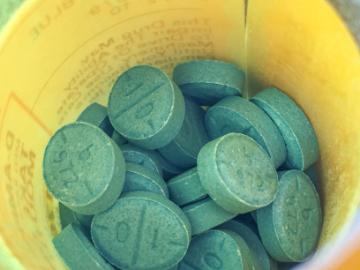
The ethics of using amphetamines for academics
Some students drink coffee to get an early morning energy boost (or perhaps a late-night one when cramming for a test the next day). Others reach for energy drinks to get a similar increase in energy and focus. Some even experiment with nootropics, cognitive-enhancing supplements that claim to improve memory, attention, and other mental functions. While there is currently debate over the safety and ethics of under-regulated nootropics, the use of caffeine and energy drinks is generally viewed as ethically unproblematic.
How is Adderall different from these other stimulants?
As amphetamines, drugs like Adderall and Ritalin are subject to strict government regulation due to the high risk of abuse, addiction, and health issues such as heart palpitations and insomnia. Although these health risks are also associated with coffee, energy drinks, and other legal stimulants, the illegal selling or possession of amphetamines is subject to serious criminal penalties, as much as 20 years in prison. Even patients who legally take amphetamines for Attention Deficit Disorder (or other psychiatric issues) receive limited and regularly monitored prescriptions. However, some people claim that it is relatively easy and common to falsify symptoms to receive an ADD diagnosis and amphetamine prescription. If that is the case, then legal but medically unnecessary access to amphetamines is quite attainable, not to mention increasingly widespread and socially acceptable.
But is it ethical?
For some college students, academic competition is fierce and the pressure to perform well in school can often feel overwhelming. This feeling can be amplified when a student notices that other students without ADD use drugs like Adderall and Ritalin for increased energy and focus. Given the relative ease of obtaining these drugs on many college campuses, some students feel enticed by the common practice of abusing amphetamines. They might reason that if everyone else is doing it, then they must as well in order to level the playing field. Some students might tell themselves that in a situation where they have been unfairly disadvantaged by the unethical actions of others, action taken to remove that disadvantage is ethically justified - even if it means committing those same unethical actions. But the fact that so many students find themselves in this ethical dilemma might also point to a larger issue, possibly placing at least some of the ethical blame on an unhealthily competitive academic culture.
What do you think? Is it ethical to take academic performance-enhancing drugs like Adderall or Ritalin? What is the main ethical issue at hand? Share your thoughts with us below.
Kelly Shi is the Hackworth Fellow at the Markkula Center for Applied Ethics.
